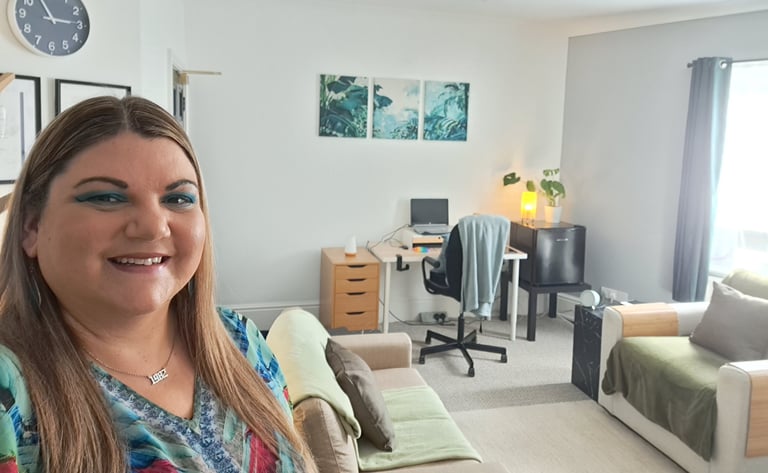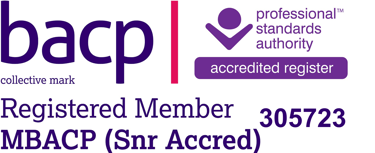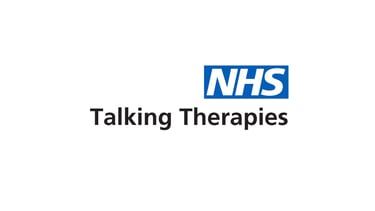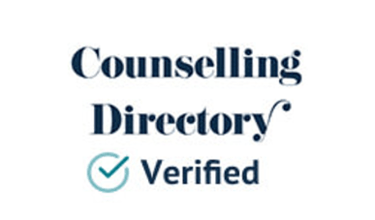What Happens in Clinical Supervision?
A Reassuring Guide for Therapists


What Happens in Clinical Supervision? A Reassuring Guide for Therapists
New to supervision or feeling unsure? This gentle guide explains what clinical supervision is, how it works, and how it supports therapists in ethical, effective practice.
If you’re training as a therapist or thinking about starting therapy work, you’ve probably heard the term clinical supervision. But what is clinical supervision, exactly—and what actually happens in those sessions?
It’s completely normal to feel a bit nervous or unsure, especially if you’re new to the profession. Many counselling students and early-career therapists worry that supervision is about being checked up on or “caught out”. In reality, good supervision is the opposite—supportive, collaborative, and genuinely encouraging.
In this blog, I’ll offer a gentle, down-to-earth explanation of therapy supervision, why it matters, and what you can expect when working with a supervisor.
What Is Clinical Supervision?
Let’s start with the basics.
Clinical supervision is a professional relationship where therapists meet regularly with a qualified supervisor to reflect on their work with clients. It’s a space to explore challenges, celebrate progress, ask questions, and ensure the work you’re doing is safe, ethical, and effective.
If you’re wondering, “Is supervision just for trainees?”—the answer is no. Most professional bodies in the UK (like the BACP and UKCP) require all practising therapists to have regular supervision, whether newly qualified or decades into the work.
Supervision is an essential part of safe, sustainable practice—for you, and for your clients.
Therapy Supervision Explained: What You Can Expect
Supervision sessions can look slightly different depending on your supervisor’s approach and your own needs, but they typically include:
Discussing client work – You might reflect on recent sessions, think through stuck points, or explore how you’re feeling about certain dynamics.
Ethical reflection – If any concerns or dilemmas arise in your work, supervision is the safe place to explore them.
Personal process – Therapy can stir up strong emotions in us as practitioners. Supervision offers space to gently unpack how the work is affecting you.
Celebrating growth – Supervision isn’t all about problems—it’s also a place to acknowledge what’s going well and feel proud of your progress.
Professional development – You may look at theory, emerging research, or new techniques, especially if you’re still finding your style or modality.
There’s no set script. Your needs and the therapeutic relationship guide the conversation. A good supervisor won’t make you feel interrogated—they’ll help you feel held, seen, and supported.
How Supervision Helps Therapists
Still unsure if supervision is helpful—or wondering what difference it makes? Here’s how supervision supports you as a therapist:
1. Emotional Support
Therapists often hold a lot. Supervision is a space to offload, regulate, and reflect. It helps prevent burnout and fosters emotional resilience over time.
2. Better Client Work
Two heads are often better than one. Talking through your work can spark new ideas, offer perspective, and help you stay attuned to each client’s needs.
3. Safe, Ethical Practice
Supervision helps you sense-check your approach, reflect on boundaries, and ensure you’re working in line with your professional code of ethics.
4. Confidence Building
If you’re feeling unsure or self-critical, supervision can help you regain clarity and trust your instincts. It’s especially vital during early stages of your career.
5. Professional Growth
Through open dialogue and ongoing reflection, supervision becomes a key part of your development as a reflective, skilled, and ethical practitioner.
Choosing a Supervisor Who’s Right for You
One of the most important parts of supervision is the relationship. You deserve a supervisor who makes you feel safe to be honest—about what’s going well and what’s not. Supervision should never feel like a performance.
When exploring supervision, look for someone who:
Works within your modality or understands your approach
Has experience supporting therapists at your stage (e.g. trainees or integrative therapists)
Brings a warm, collaborative, and non-judgemental style
Values emotional safety, reflection, and curiosity
Understands the realities of working in today’s therapy world
My Approach to Supervision
I offer clinical supervision for counsellors and psychotherapists across the UK, with a focus on emotional safety, inclusivity, and relational depth. My supervision style is warm, collaborative, and grounded in lived experience.
I especially enjoy working with:
Trainee therapists
Integrative or relational practitioners
Therapists who are neurodivergent or LGBTQIA+
Those seeking a space where they can be both held and gently challenged
Supervision Is Here to Support You
Whether you’re just starting out or seeking a more supportive fit, supervision should feel like a steady hand on your shoulder—not a magnifying glass over your work.
If you’ve been feeling anxious about what happens in clinical supervision, I hope this guide has helped ease some of those nerves. Supervision is here to hold space for you—your growth, your doubts, and your strengths.
If you’re looking for a supervisor who prioritises warmth, emotional safety, and reflective growth, I’d love to hear from you.






